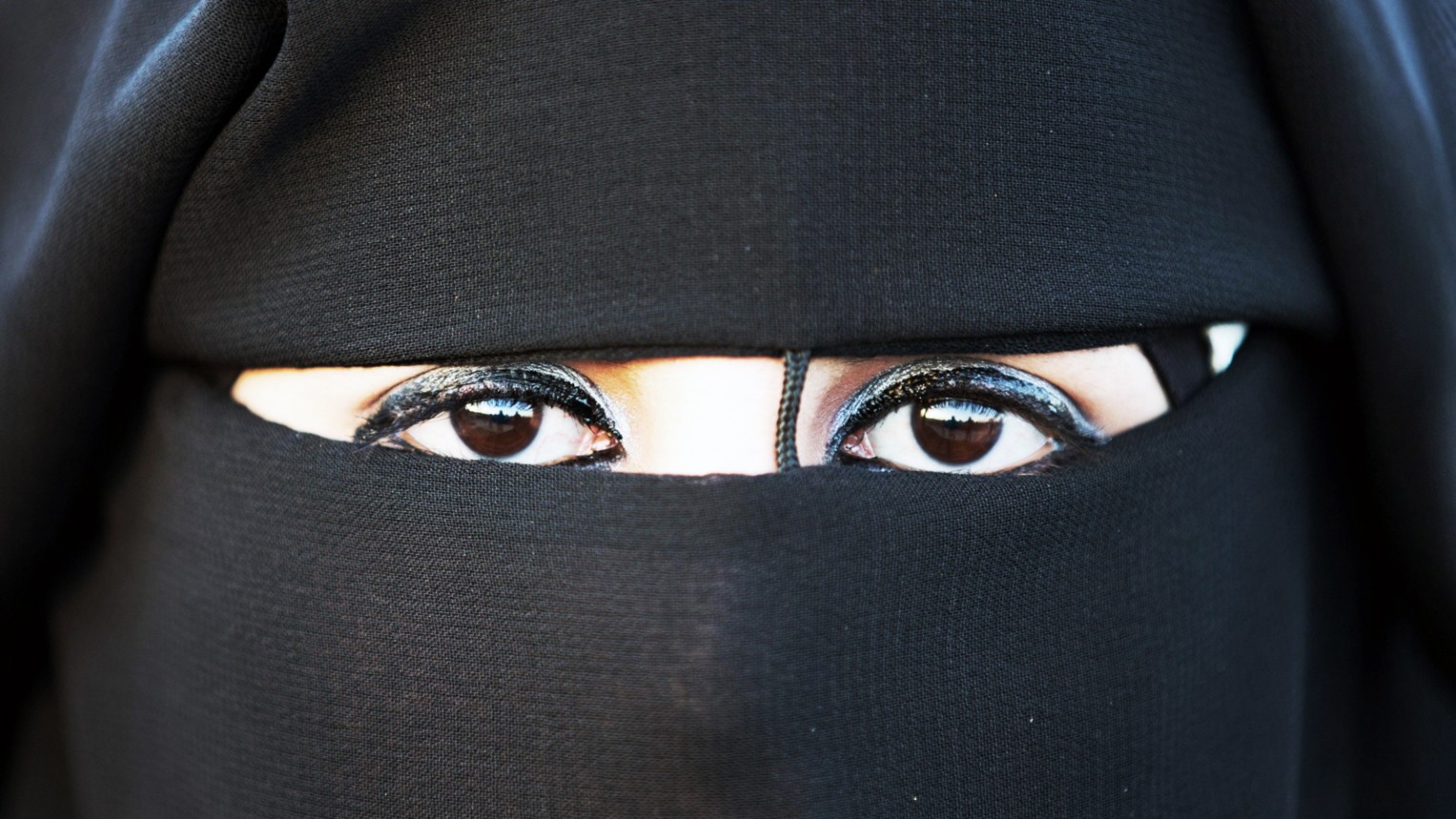By Olivier Bault.
Poland – Since March 2019 a growing number of local authorities in Poland, in particular in regions dominated by PiS, have been affirming their opposition to LGBT ideology by adopting a Charter for the Rights of the Family or resolutions whereby they promise not to impose any kind of Gender or LGBT ideology on their constituents. LGBT organisations argue that there is no such thing as LGBT ideology and that they are only fighting discrimination against gays and transsexuals, and that therefore those resolutions and the local governments’ Charter of the Rights of the Family are directed against homosexual people.
An “Atlas of Hate” was published in January to identify the local communities concerned, and it was then passed on by several foreign media outlets, together with all sorts of absurd claims about areas that were supposedly prohibited to LGBT people or areas where LGBT people were said not to have access to certain services on the basis of their sexual orientation. As a form of protest against the resolutions adopted by such local authorities, a Polish gay activist took pictures of a sign that he himself had installed at the entrance to some of the towns and cities concerned. On the sign were the words “LGBT-free zone” in Polish, English, French and Russian. Not everyone understood his action, and some politicians and Western journalists relayed the pictures thinking that the sign had been put in place by local authorities to prohibit the access of homosexuals to their territory. For example, Guy Verhofstadt, former prime minister of Belgium and former leader of the liberal-centrist group in the European Parliament, did not bother to read the explanations given in English by the author of the photographs when on January 23 he published a tweet, which has since been deleted, in which he expressed his outrage in the following words: “This makes my stomach turn. I urge the European Commission to take immediate action against these disgusting practices and against the Polish authorities who have put up these anti-LGBTI+ signs.”
While the Western media have a tendency to present these resolutions against LGBT ideology adopted by local authorities (town and cities, counties and provinces) as part of a larger offensive by Kaczyński’s party against homosexual or transsexual people or persons suffering from sexual identity disorders, the reality is that they are a reaction to the signing by the Mayor of Warsaw, in February 2019, of an LGBT+ Declaration. With his LGBT+ charter, Rafał Trzaskowski, a liberal belonging to the Civic Platform (PO), committed the capital city of Poland, among other things, not to work with companies that refuse to promote LGBT people and LGBT attitudes, and to give access to LGBT activists at every school, where he also promised to implement sexual education according to the “Standards for Sexuality Education in Europe” published in 2010 by the World Health Organisation and the German Federal Centre for Health Education (BZgA). Those standards advocate encouraging children to masturbate as early as in nursery schools, and promoting, throughout the course of education, abortion (which is prohibited in Poland except in certain cases) and all types of sexualities and sexual identities.
Last November, the European Parliament also adopted a resolution “on the criminalisation of sexual education in Poland” in which it demanded that the homeland of John Paul II implement those joint standards of the WHO and the BZgA throughout its territory. This resolution was seen by part of the public in Poland as a form of cultural colonialism, and it incited even more local authorities to vote through resolutions against LGBT ideology or adopt the Charter of the Rights of the Family, made available to them by the Ordo Iuris Institute, a pro-life and pro-family lawyers’ organisation. Such a feeling of cultural colonialism can only be made worse by the decision taken by several French towns and regions, with the French March municipal elections approaching and in the context of a mainstream media fully committed to the LGBT cause, to suspend any cooperation with their Polish partner communities that have adopted resolutions against LGBT ideology and the sexualisation of children.
Yet these resolutions, adopted in the context of an international LGBT offensive in Poland, are of only declarative value and have no legal consequences. They are not directed against homosexual persons as such,neither do they introduce any sort of discrimination against them. Such is the case, for example, in the Polish town of Tuchów, with which the town council of Saint-Jean-de-Braye, in France, has just suspended its 25-year-old twinning arrangement. In their resolution whereby they declare the town “free of LGBT+ ideology”, the town council of Tuchów state that they will not accept “the introduction of officials in charge of political correctness in schools” (as in Warsaw) and that they intend to honour “the right of parents to raise their children in accordance with their convictions”. They also promise that they will do “everything to prohibit the access to schools of moral corruptors interested in the early sexualisation of Polish children in the spirit of the WHO standards”. And they are further committed to prohibit any “administrative pressure in favour of the enforcement of political correctness (very rightly described sometimes as homopropaganda) in certain professions” as well as to defend “in particular teachers and entrepreneurs against the imposition of non-professional criteria of action”.
Meanwhile in Gdańsk, where the liberal-controlled city hall has been implementing a programme of sex education partly based on the WHO standards, with teenagers being encouraged to masturbate and have sexual relations for the sake of their health, and with children being made familiar with the existence of genders which may differ from the standard male or female biological sexes (transsexual, transgender, intersex, etc.), the authorities have at last agreed to engage in a debate on the content of this very controversial programme thanks to the pressure put on them by a Catholic parents’ association.




